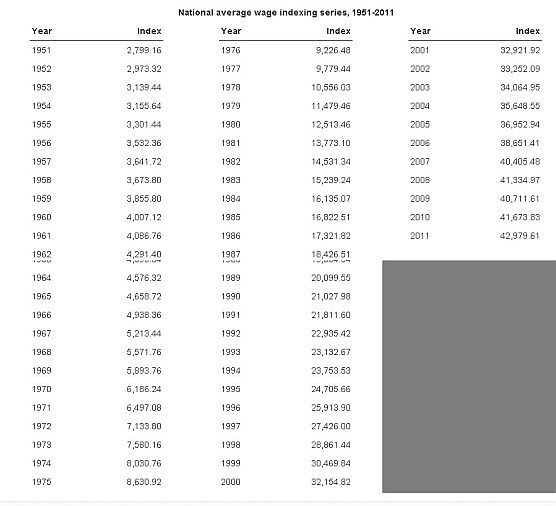Certainly true, though this doesn't come without its own potential causes for reduced overall quality of life. For one thing, on average the entry of women in the workforce and the rise of "two income households" didn't double real income or standard of living, despite working twice as many hours. If you looked at real *per hour* wages, you might see a bit of a different story, at least in part because the "supply" of labor expanded faster than the demand. And if you adjusted it again for being in a higher marginal tax bracket with the second income, it looks even worse. How much better off are you if, after taxes and extra expenses, you work twice as many hours but only have (say) 25-50% more real after-tax income?
And then there are the non-financial or tangentially financial considerations. When women feel financially *required* to work these days (not talking about women who would choose a career even if money were not a concern), that's much less household time to run errands, to be parents to their children or take an active role in their education, to have leisure time. It also might mean the husband does more household chores because his wife is working as much as he is and it's no longer fair that she does most or all of it.
And then there are financial costs of two-income households: day care, more frequent dining out (too tired/not enough time for meal planning and grocery shopping), more costly and less healthy "convenience" foods, that sort of thing.
So there may be more income and maybe even a *little* more disposable/discretionary income, but not nearly enough to justify double the hours worked outside the home, and quite possible with a net *negative* quality of life differential.
Again, I'm referring to women working for strictly financial reasons, not because they *want* to pursue a career. And I'm certainly not suggesting we were better off as a society before women had career options other than teacher, nurse or secretary. "Better off" and "more income" are not necessarily synonymous. "Better off" is also a state of mind, a quality of life issue, at least once you are above the income level required to sustain your family. To that end, we're back to the old "money versus time" tradeoff.


